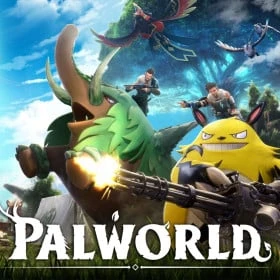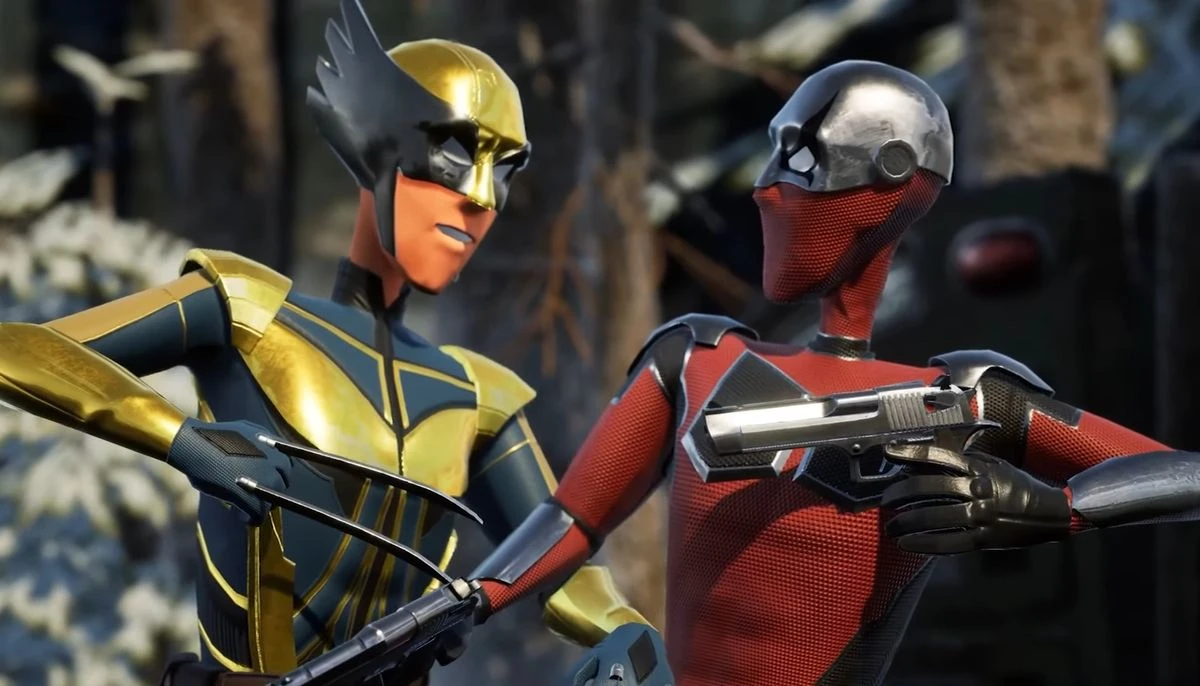Palworld's Community Manager says that our fixation with 'dead games' is ruining gaming. 'I do not think it serves anyone to force gamers to play the exact same game day in and day-out'
John "Bucky", community manager at Pocketpair (developer of Palworld), has once again gotten involved in the "dead game" debate. Buckley, in an interview with YouTube channel Going Indie rebuffed the idea that a game's only success is determined by how long it can maintain its highest player count. Buckley said, "I don't believe it serves anyone to force gamers to play the exact same game day in and day-out."
Buckley spoke out first against the impulse to declare games dead in February. Palworld was given the "dead" moniker when its player count dropped from millions to tens of thousand, a number that most Steam games would be happy to have. Buckley called the discourse "lazy" and said that it was a "good time to step in to reassure those who can read past a headline about how it's okay to take breaks from gaming."
Palworld, he said in his Going Indie interview, was not "in a place to pump out massive quantities of new content," and urged players to not apply this expectation to every game they play. Buckley's frustration over the "dead game" label is not as evident in his Going Indie Interview, but he still shares those same thoughts.
"I don't believe you should be forcing yourself to play the exact same game every time. Buckley told Going Indie that the idea is harmful to both developers and gamers. Buckley says that if we expect games to be popular forever, then "we'll just get more of these soulless live service titles that come out, and are shut down nine or 12 months later because they don't make enough money."
I can understand the sentiment, even if Palworld is using it to boost its reputation. According to French theorist Paul Virilio, you cannot invent the ship before inventing the wreck. Major publishers in games industry introduced the concept of the dead game through the idea of a live one. Before games-as services, a dead-game was simply called "a game." We're now applying very dire implications to a videogame lifecycle that has been natural for decades. We expect games to occupy us indefinitely, when their design may not be suited to do so.
Buckley's solution is to spend "as much as you can on indies," even if "only five people are playing it." It's not a bad start, but I suspect that it will take more to change the nature of the gaming industry and the discourse surrounding it.





Comments